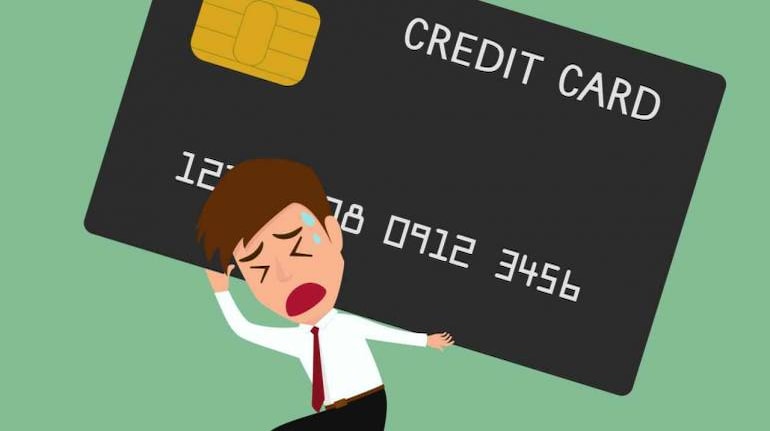Credit cards are a staple in today’s society, with most people using them to pay for everything from groceries to travel expenses. Credit cards can be incredibly convenient, allowing you to make purchases without carrying cash or worrying about having enough funds in your bank account. However, understanding average credit card limits and how they work is essential for maximizing the benefits of your card.
Table of Contents
What is a Credit Card Limit?
A credit card limit is the maximum amount of money a credit card company will allow you to borrow. The limit is determined based on your credit score, income, and credit history. When you first apply, the credit card company will typically set your credit limit. However, it can be adjusted based on your credit utilization and payment history.
Understanding the Average Credit Card Limit
The average credit card limit varies widely depending on credit score, income, and card type. According to a recent survey, the average credit card limit in the United States is around $31,000. However, this number can be deceiving, as most people still need a credit limit that high.
Factors That Affect Your Credit Limit
Several factors can impact your credit limit, including your credit score, income, credit history, and debt-to-income ratio. Generally, a higher credit score, income, and good credit history can result in a higher credit limit. On the other hand, a high debt-to-income ratio or a history of missed payments can lower your credit limit.
Maximizing Your Credit Card Limit
Understanding how to maximize your credit limit is essential to make the most out of your credit card. Here are a few tips to help you get the most out of your card:

- Keep Your Credit Utilization Low: Credit utilization is the amount of credit you currently use compared to your credit limit. It’s best to keep your credit utilization low to maximize your credit limit. Most experts recommend keeping your utilization rate below 30%.
- Make Payments on Time: Paying your credit card bill on time can help improve your credit score and demonstrate responsible credit usage. Additionally, paying on time can help you avoid late fees and interest charges quickly adding up.
- Request a Credit Limit Increase: If you’re looking for a credit card with a high credit limit, consider the SoFi credit card. The SoFi credit card offers up to $100,000 in credit limit to qualified cardholders, making it a suitable option for those needing a high credit limit for large purchases or changing their credit utilization ratio.
- Use Your Card Responsibly: Using your card responsibly can help you build your credit and increase your credit limit over time. Avoid making purchases you cannot afford to pay off, and always pay your balance in full each month to avoid interest charges.
- Shop Around for the Best Card: Finally, shopping around for the best credit card for your needs is essential. Look for a card with a reasonable credit limit and low-interest rates, and consider any additional benefits, such as cashback rewards or travel perks
Understanding your credit card limit is essential for making the most out of your card. Keeping your credit utilization low, making payments on time, requesting a credit limit increase, using your card responsibly, and shopping around for the best card are all ways to maximize your credit limit and take advantage of the benefits of your credit card. Remember, a credit card can be a powerful financial tool, but it’s essential to use it responsibly to avoid debt and maintain good credit standing.

